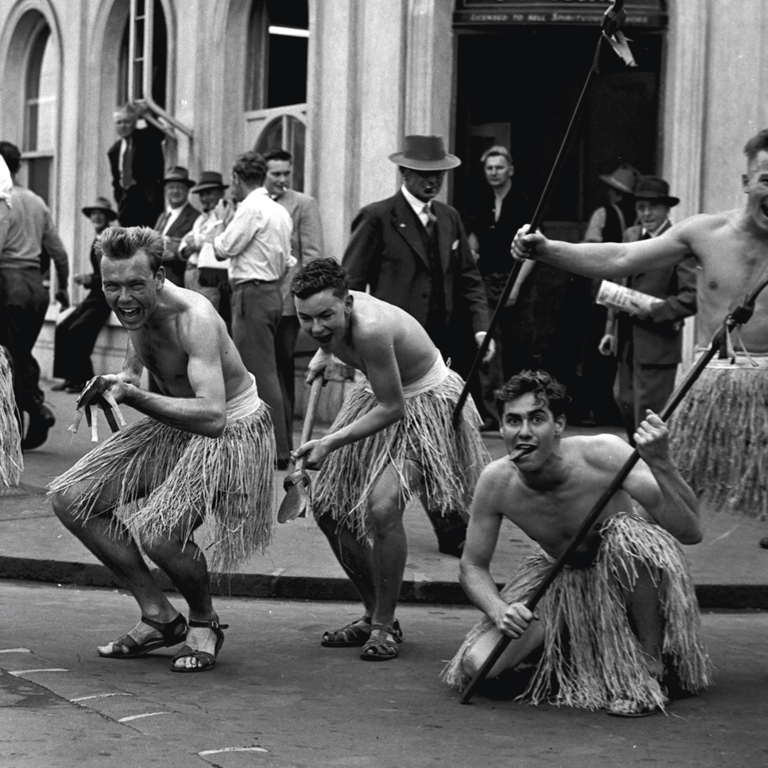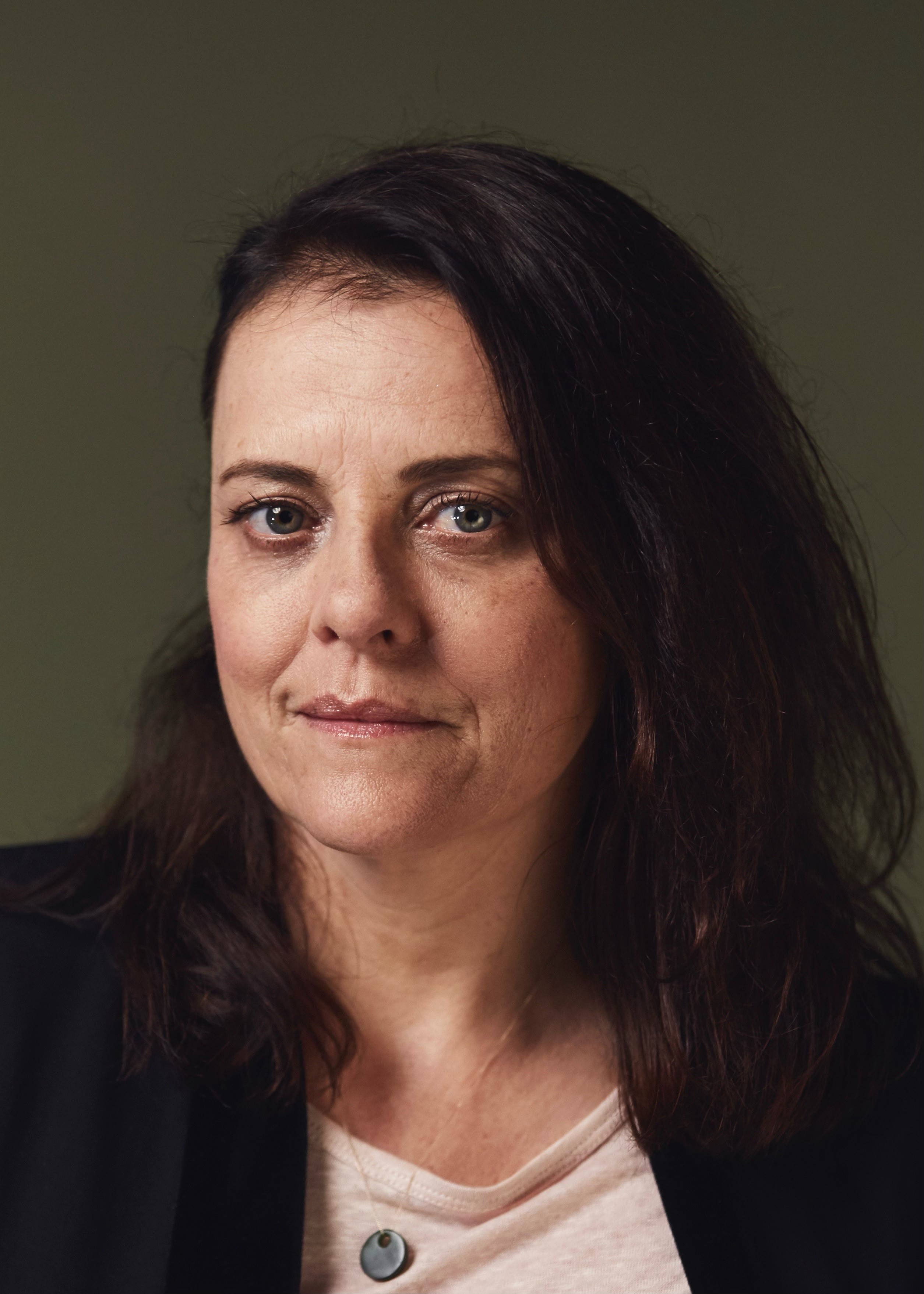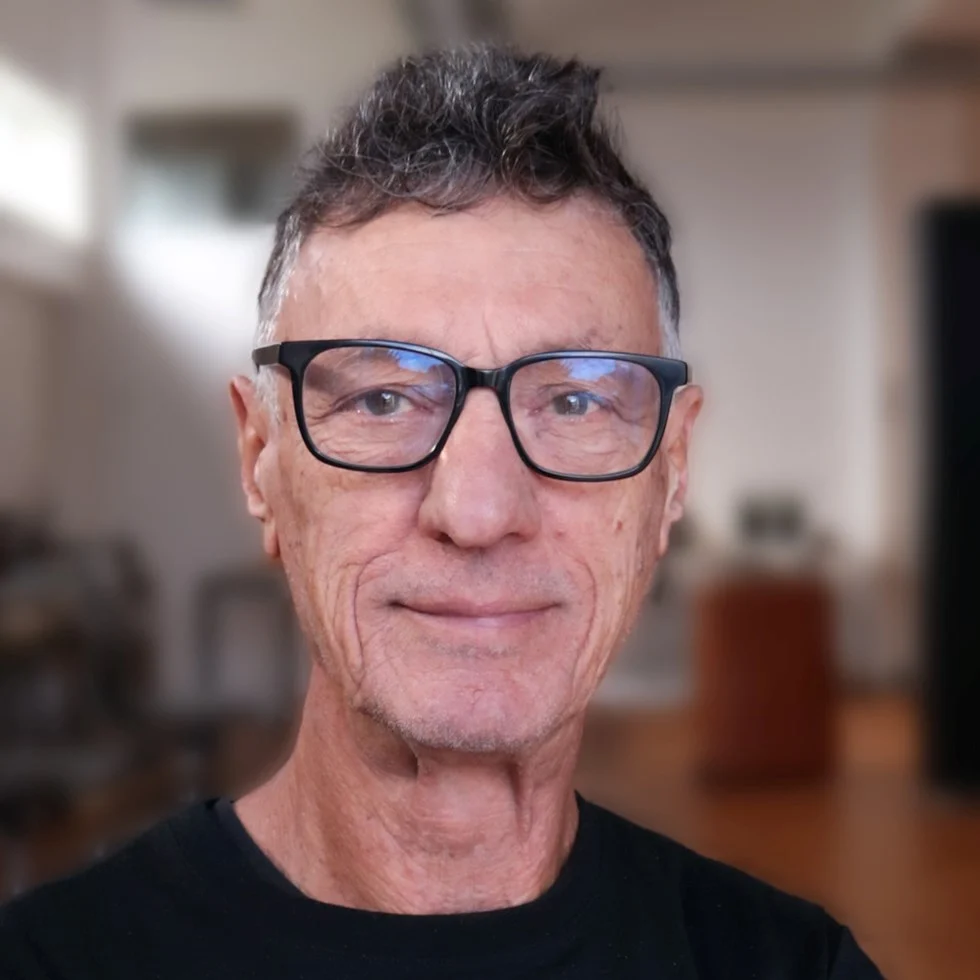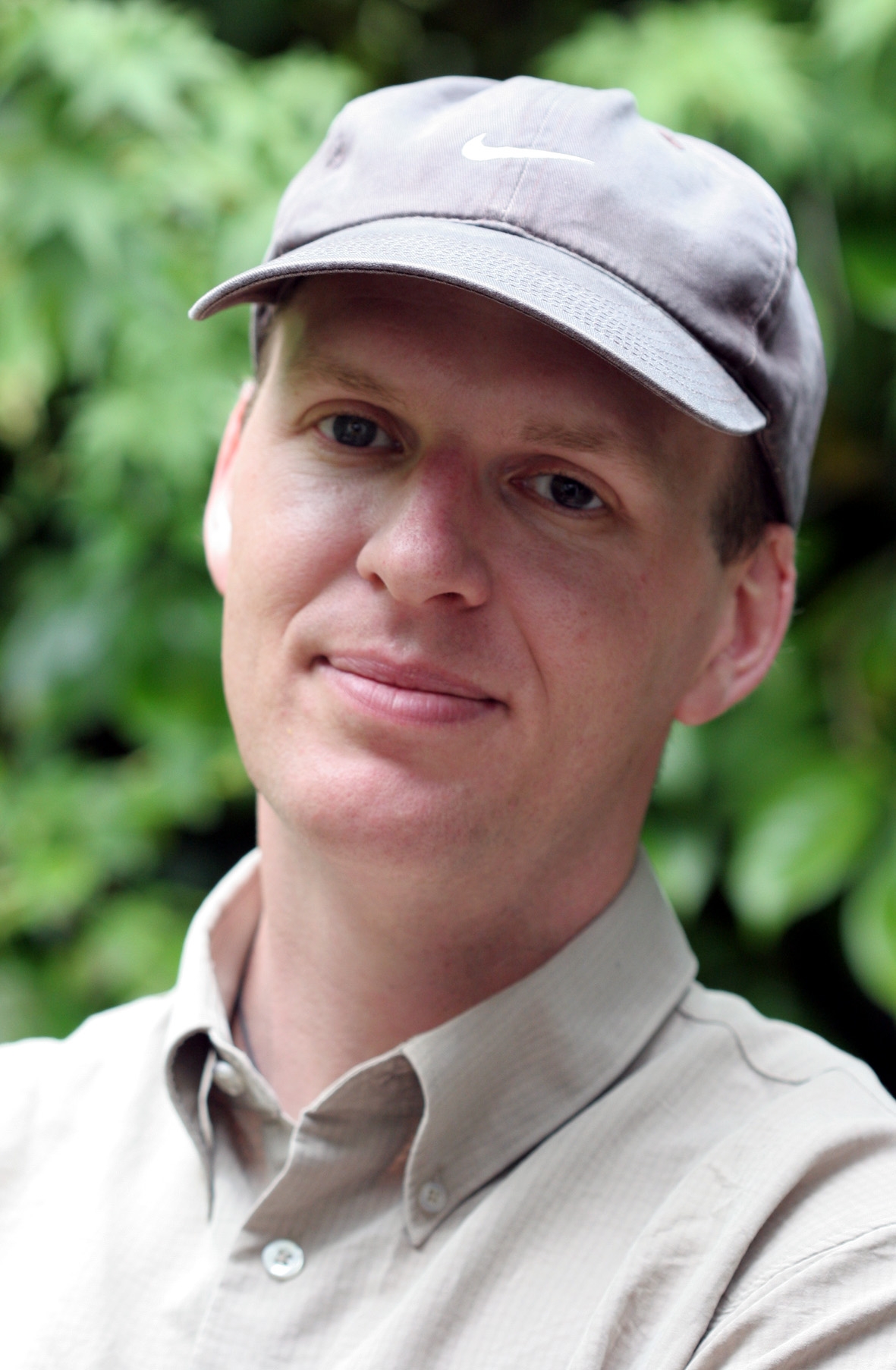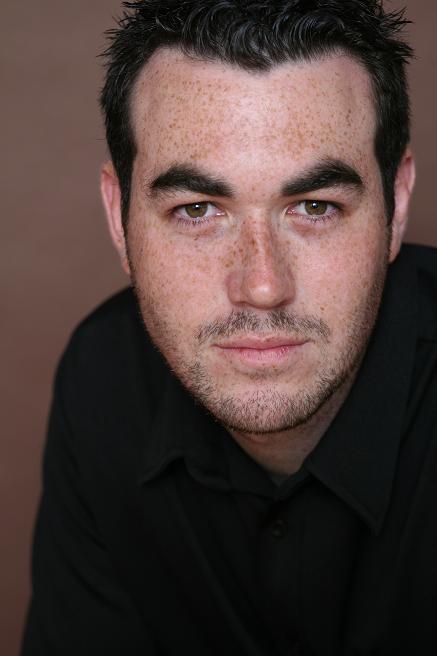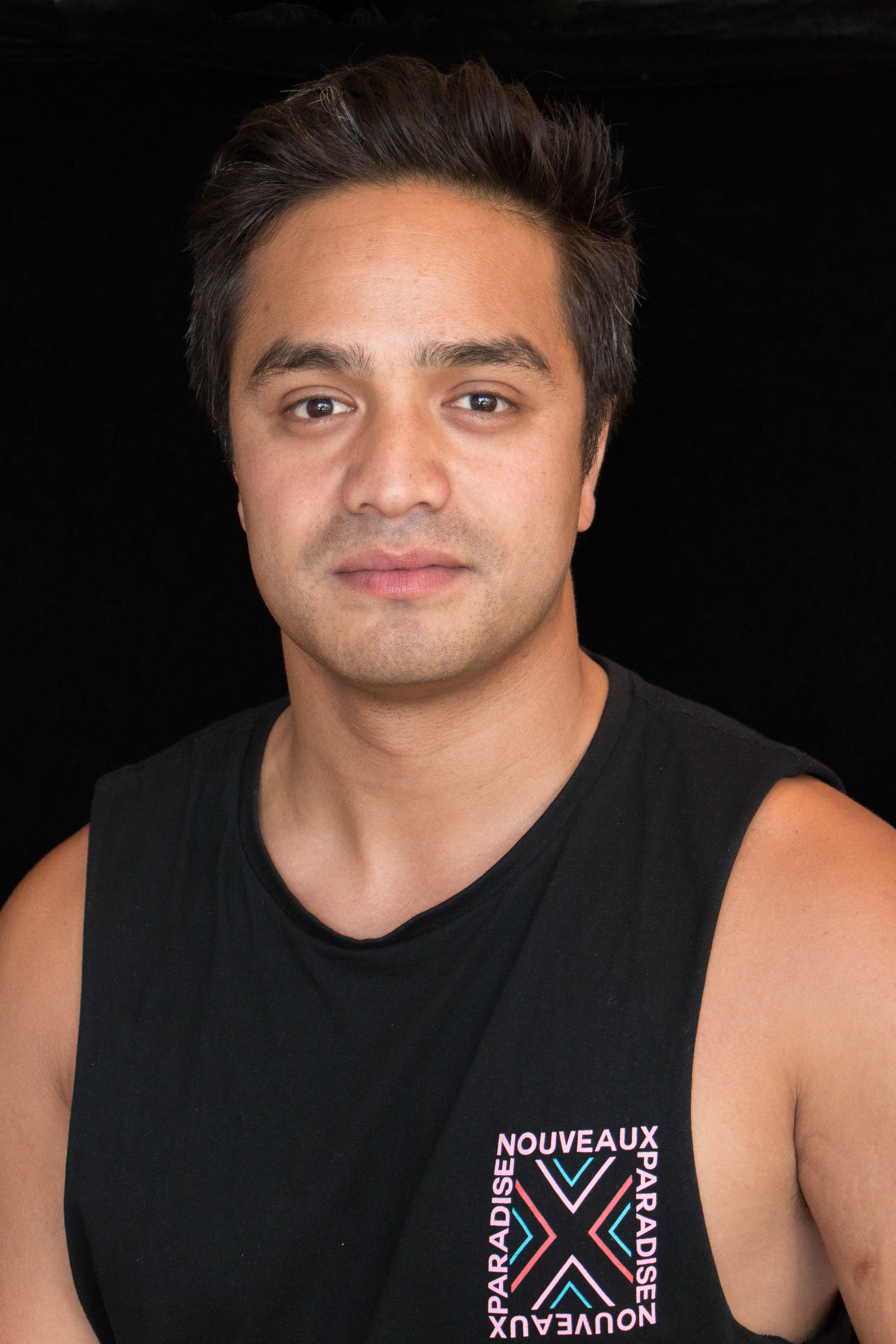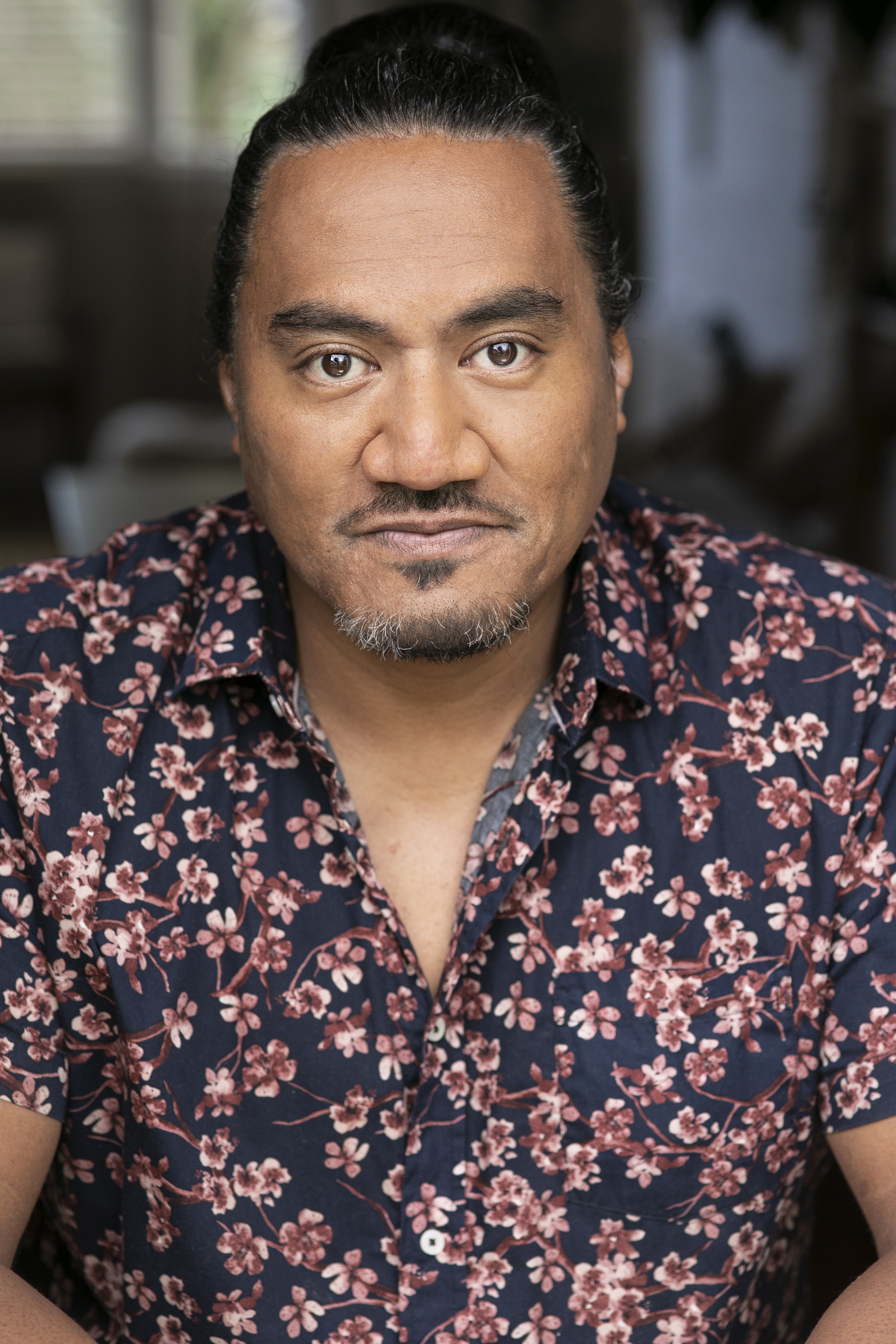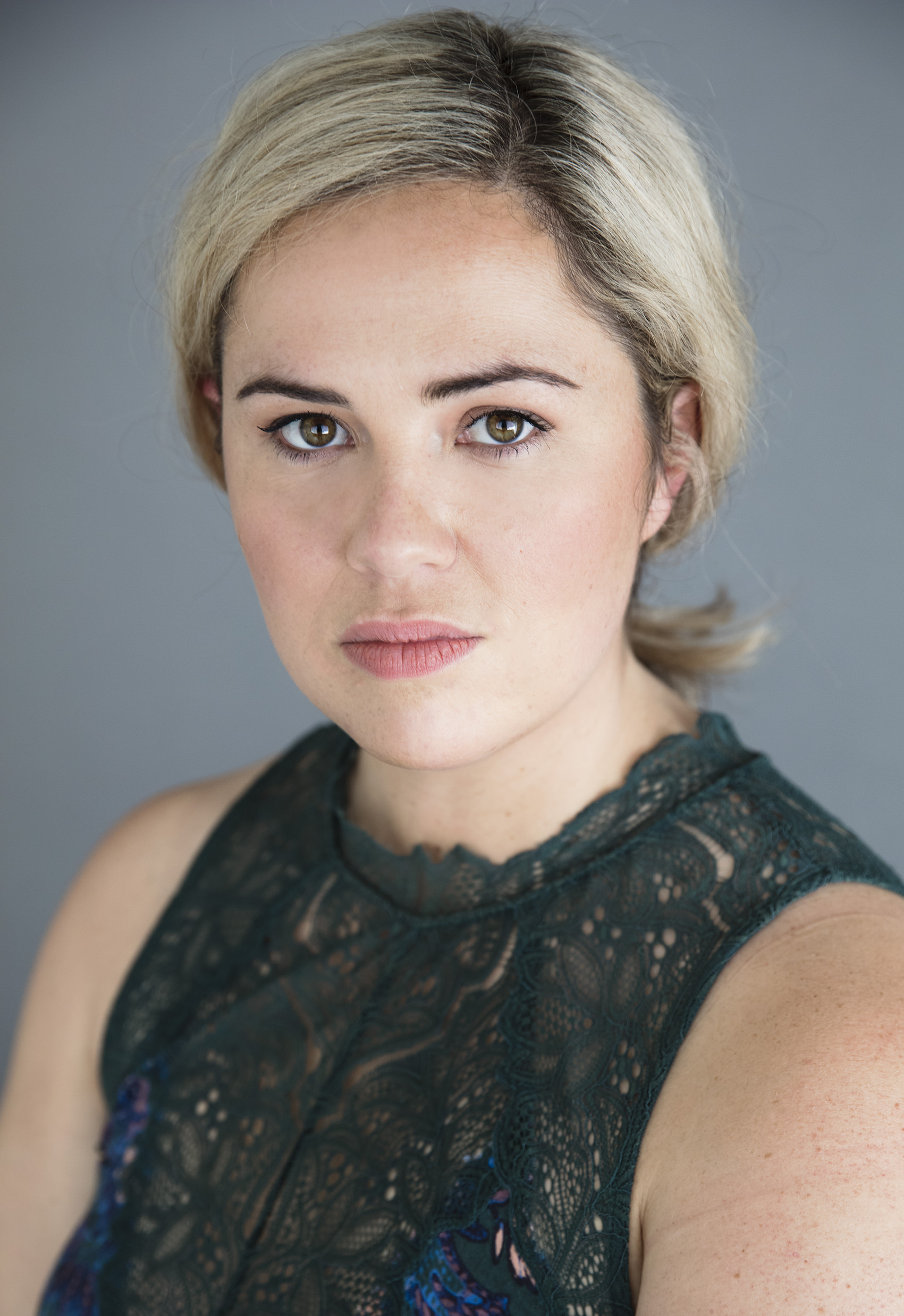The Haka Party Incident is documentary theatre. It is based on an event that changed race relations in Aotearoa forever: a violent stoush between University of Auckland engineering students preparing for their annual mock haka down Queen Street and members of activist group He Taua. Exploring 'the alchemy of performance and truth', Katie's piece features differing perspectives of those who were there, their views and experiences, then and now.
The full lengthed production was staged in 2021.
From the director
The last New Zealand war took place in Auckland in 1979.
It lasted three minutes.
Every year a group of University of Auckland engineering students celebrated graduation with a mock haka. Dressed in hula skirts with obscene words and penises painted on their bodies and roaring drunk, the haka would stop traffic on Queen Street. A Māori and Pacific Island activist group, He Taua, asked them to respect the haka and stop. The student council asked them to stop. The university asked them to stop. No one listened. On 1 May 1979, He Taua executed a surprise attack on the students as they rehearsed for the last time. It was swift and violent. The resulting outrage from both Māori and Pākehā around New Zealand was extreme. He Taua were seen as acting outside all that made us good, decent people. But then the tide began to turn. Against fervent public opinion, people began to stand with He Taua. The idea that we were a country that had institutionalised racism was talked about for the first time and paved the way for the Māori renaissance of the 1980s. This untold story will be told by those who were there. We will hear their first-hand accounts of the war that raged, how they experienced the conflict and viewed the outcome, then and now. All three minutes of it.
I am fascinated by the alchemy of performance and truth. I am also fascinated by the journey that Māori and Pākehā have taken in post-colonial New Zealand. The lessons of the past can only be lessons if they are remembered. When I came across the 1979 Haka Party Incident, I was drawn to find out more. This is an important Auckland story that involves New Zealanders from many backgrounds. It is a story that is a significant chapter in Māori and Pākehā race relations and changed how we navigate this relationship.
I have always been drawn to verbatim theatre. Verbatim theatre is ostensibly documentary theatre. The script is collected from live interviews and recreated by actors exactly as they were spoken. The same actor may play many different roles and sometimes the actors are working with headphones and listening to the interview as they perform it. Verbatim theatre is not a form but a technique: a way of incorporating the words of real people, as spoken in private interview or public record, into drama.
“In a world drowning in opinion, Verbatim Theatre offers us the bracing stimulus of fact. At a time when there is enormous public scepticism not only about politics but about the media, the theatre can offer a source of (relatively) uncontaminated truth.” Michael Billington – Theatre Reviewer, The Guardian.
